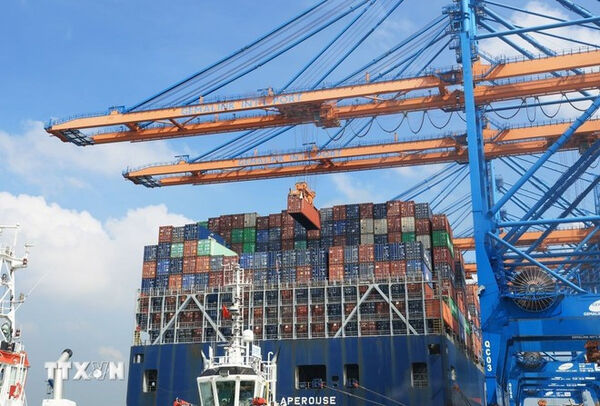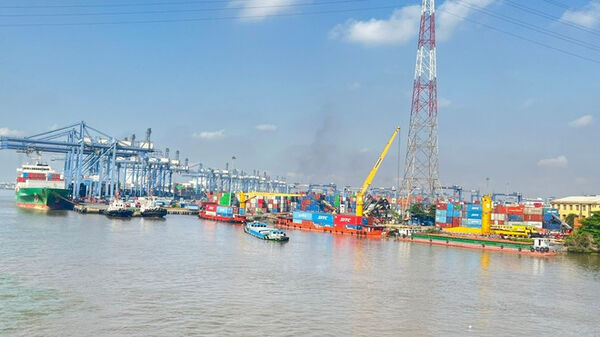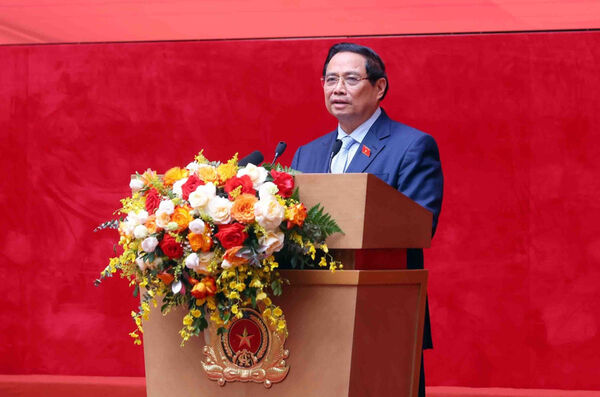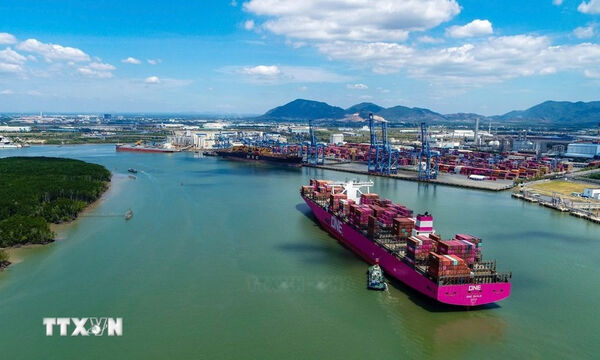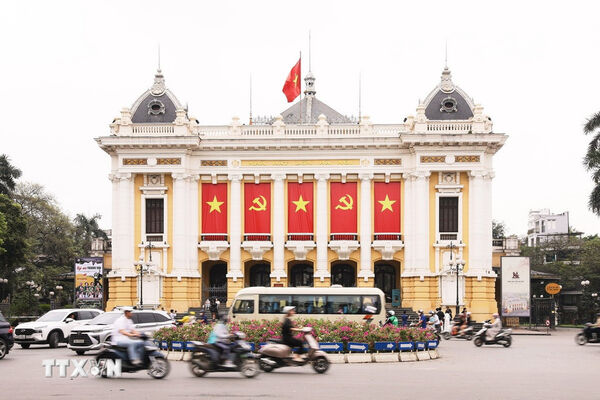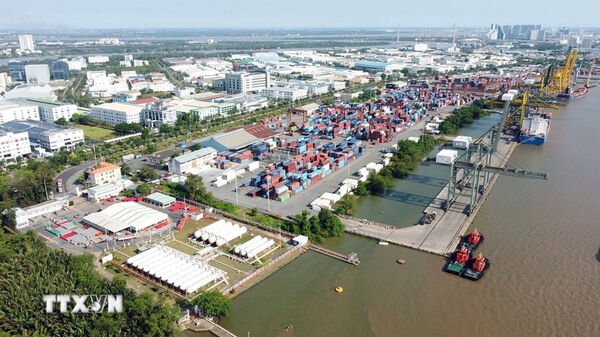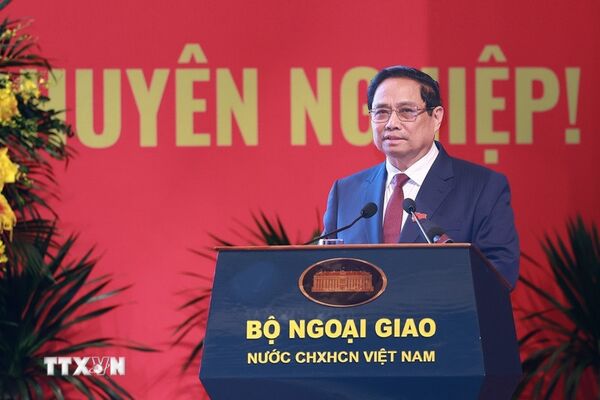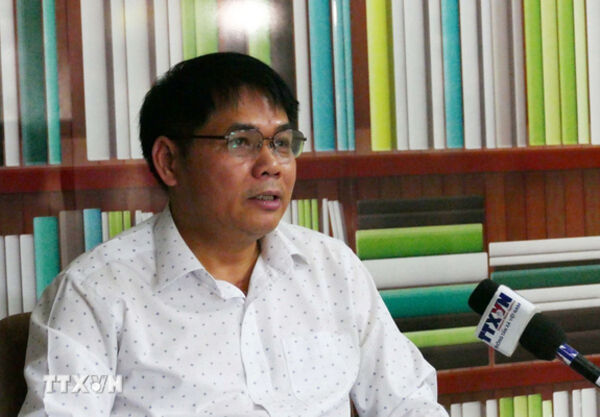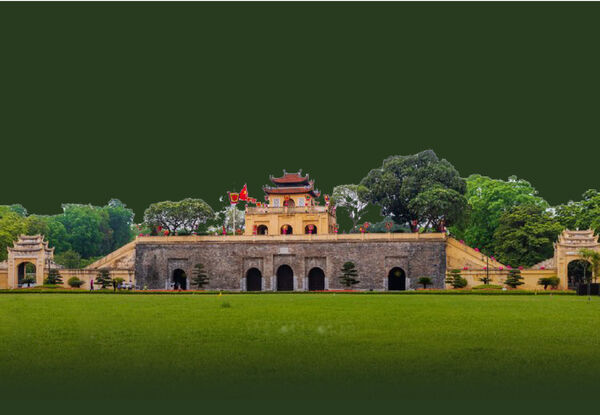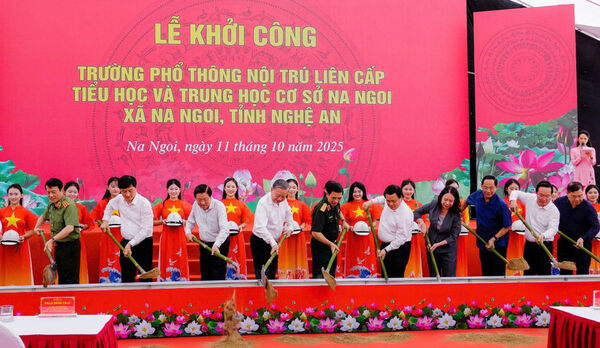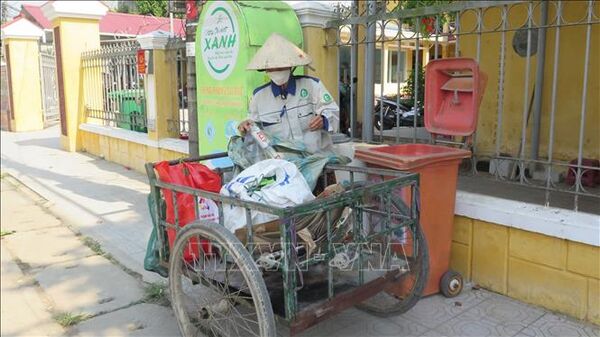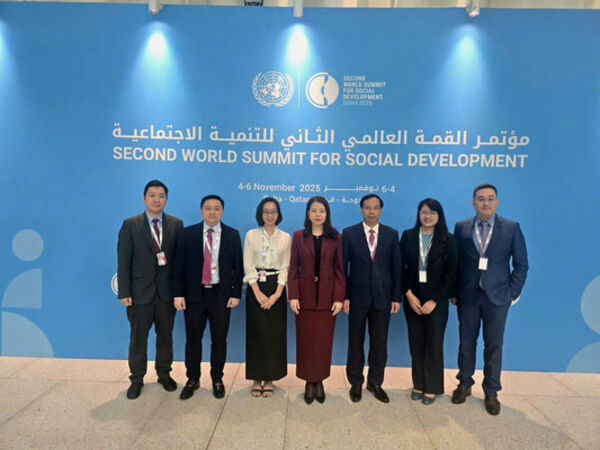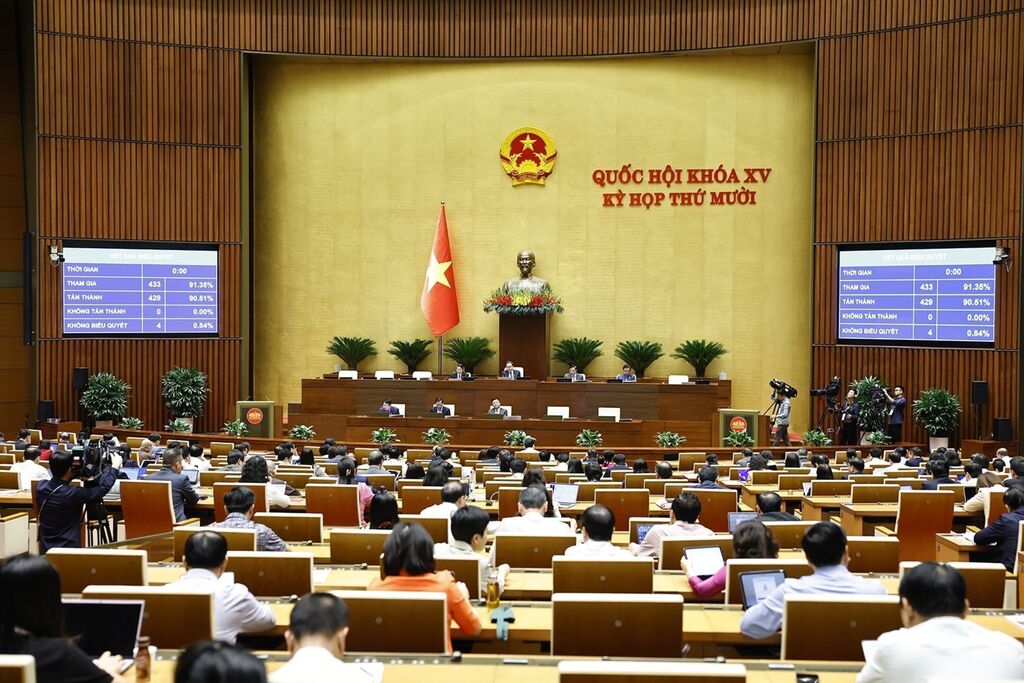 |
| The 15th National Assembly (NA) on November 13 approves a Resolution on Vietnam’s socio-economic development plan for 2026. (Photo: VNA) |
Hanoi (VNA) – The 15th National Assembly (NA) on November 13 approved a Resolution on Vietnam’s socio-economic development plan for 2026, setting 15 major targets, including the gross domestic product (GDP) growth rate of 10% or higher.
The resolution was adopted with 429 deputies voting in favour, accounting 90.51% of the total number of NA deputies.
According to the resolution, Vietnam aims for GDP per capita reaching to between 5,400 USD and 5,500 USD, and the proportion of the processing and manufacturing industry accounting for about 24.96% of GDP. The average annual increase in the consumer price index (CPI) is targeted to around 4.5%, while labour productivity is expected to grow by approximately 8.5%.
Other key targets include agricultural labour making up 25.3% of the workforce, 29.5% of workers having degrees or certificates, and keeping the urban unemployment rate below 4%. The multidimensional poverty household rate is expected to fall by 1–1.5 percentage points.
The plan also sets social development goals, such as 15.3 doctors and 34.7 hospital beds per 10,000 people, health insurance coverage of 95.5% of the population, and at least 15% of communes meeting new-style rural standards under the 2026–2030 national criteria.
In terms of environmental management, the Resolution targets a 95% rate of urban solid waste collection and treatment and a 95% rate of industrial zones and export processing zones equipped with centralised wastewater treatment systems meeting environmental standards.
The NA urged the Government to continue prioritising growth in tandem with maintaining macroeconomic stability, controlling inflation, and ensuring major economic balances including public debt and budget deficit within prescribed limits.
The Government was asked to accelerate institutional reform, strengthen law enforcement, and promote administrative simplification and digital transformation to improve the business climate and attract investment. Stronger efforts are also required to prevent corruption, wastefulness, and misconduct in all sectors.
Lawmakers emphasised the need to build a new growth model driven by science, technology, innovation and digital transformation, while speeding up industrialisation and modernisation. Strategic infrastructure development will remain a top priority, particularly in transport, energy, digital connectivity, and logistics networks linking regions and international gateways.
The resolution highlights the importance of developing high-quality human resources for priority and emerging industries, boosting scientific research, innovation, and technology transfer. It also calls for further investment in cultural industries, social welfare, and improvements in living standards.
Environmental protection and climate change response are identified as integral to sustainable development. The Government is tasked with enhancing the efficient use of natural resources, reducing pollution, and harmonising economic growth with environmental preservation./.
